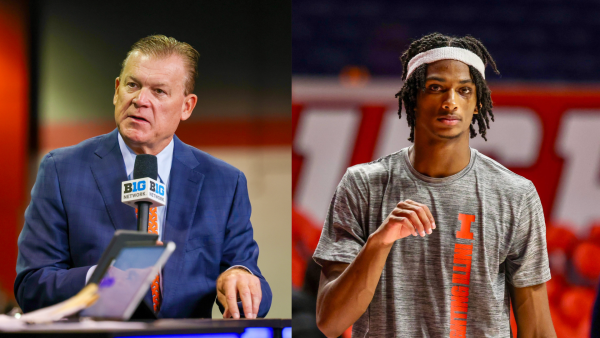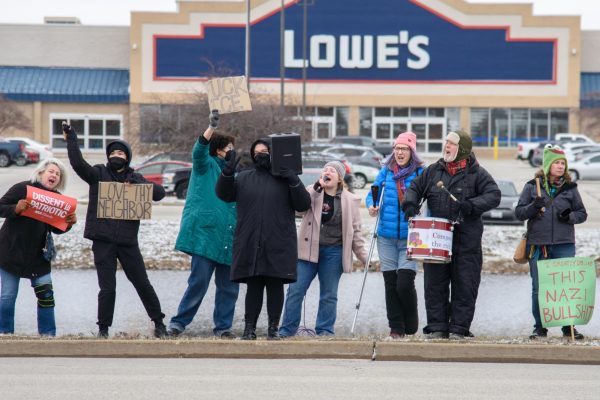UI taking part in global software competition
Jun 24, 2008
Last updated on May 13, 2016 at 11:52 a.m.
The Agency for Science Technology and Research, commonly referred to as A*STAR, is holding a global competition to initiate the creation of a software that would enable people to search for videos and music on the internet using audible words and phrases.
Among the participants are some of the University’s own, self-named team UIUC-YX. Leading the group is Thomas Huang, Massachusetts Institute of Technology alumnus and University professor in the Department of Computer and Electrical Engineering.
The Star Challenge@Fusionopolis involves 56 teams from 17 different countries such as France, India and China, and is targeted to reduce this generation’s dependency on text-based search engines.
The competition takes place in Singapore and is comprised of a series of rounds, said A*STAR spokeswoman Cathy Yarbrough.
Get The Daily Illini in your inbox!
The first round, which began on June 15th, gave teams real-world data from TV documentaries, commercials and news bulletins as subsequent tests.
“It was comprised of voice search only and had to be completed in 48 hours based on around 20 hours of broadcast audio database,” she said. “Tasks may have included finding a particular phrase regardless of spoken languages.”
The second round will begin July 15 and include video search based on a 25 hour database. It will be similar to the first round where participants had to find similar video clips.
A more significant round, to be held on September 1, will include a voice and video search from up to 50 hours of multilingual data.
“This round will be at a qualifying rate to decide what teams can advance; they will have to find similar voice segments and categorize video scenes,” Yarbrough said.
The grand finals are scheduled for October 23 in Singapore as part of the activities to mark the grand opening of A*STAR’s new science and technology lab, Fusionopolis.
The grand finals will include voice and video search from up to 50 hours of multilingual database and must be completed in three hours.
Judges had no influence in selecting the teams.
According to Yarbrough, participants have intellectual property of all of their discoveries made. The winning team also receives $100,000 in prize money.
“The Star Challenge is exactly the impetus that the speech recognition community needs right now in order to get us past the false glories of dialect-dependent, speaking-style-dependent, narrow-domain speech recognition,” team UIUC-YX wrote in a press release. “The more we examine the real-world data and tasks, the more we realize that there is a huge gap between the “lab” algorithms and the real-world task requirements. Hopefully, competitions such as A*STAR’s Star Challenge will help narrow this gap.”





